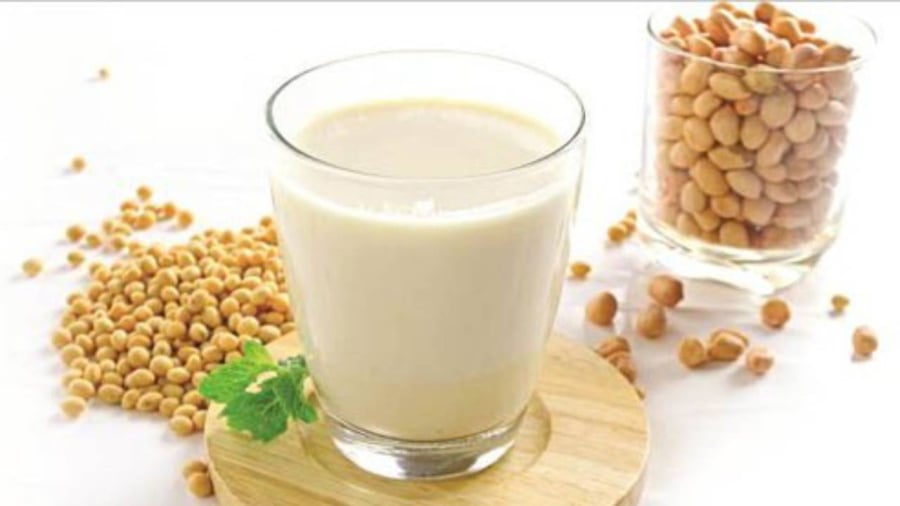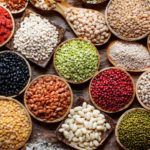Soy contains isoflavones, which are believed to inhibit the activity of thyroid peroxidase, an important enzyme in the production of triiodothyronine (T3) and thyroxine (T4) hormones.
Some earlier studies suggested that soy consumption may be linked to thyroid disorders such as hypothyroidism, goiter, and autoimmune thyroid disease. The European Food Safety Authority once listed soy as a food capable of affecting thyroid function. However, in 2015, after reviewing additional scientific evidence, they concluded that soy does not adversely affect thyroid function.

To further investigate the relationship between soy consumption and thyroid function, a comprehensive review and meta-analysis were conducted in 2019. This study was based on randomized, controlled trials with interventions involving soy isoflavone supplements, soy extracts, soy protein, and isoflavones rich in daidzein and genistein alone.
The dosage ranged from 40 to 200 mg/day. Results showed that soy supplementation did not significantly affect thyroid hormone levels but caused a slight increase in TSH, a stimulating hormone for the thyroid gland.
8 Tips for Safe Soy Consumption for Thyroid Patients
Consume soy in moderation: People with hypothyroidism do not need to completely avoid soy. Ensuring adequate iodine intake is crucial. A diet containing a reasonable amount of soy is considered safe.
Be cautious when health is unstable: Soy should only be consumed when your health is stable and not during active thyroid disease phases or treatment. The dosage should be small and not too frequent.
Avoid genetically modified soy products: Only use soy that has been proven safe.
Limit processed soy products: Prefer untreated preparations such as soy milk, tofu, and miso over soy powder and muscle-building protein powder.
Restrict soy intake: Thyroid patients should limit their soy consumption to approximately 30 mg/day.
No impact on hormone synthesis: Soy isoflavones do not affect thyroid hormone synthesis in patients.
Drink unsweetened soy milk: Sugar and sweeteners can impair thyroid function.
Be aware of allergies: Soy can cause allergies with symptoms like itching and sneezing. Discontinue use if allergic, even if you don’t have thyroid issues.
These suggestions enable thyroid patients to safely and healthily consume soy, combined with a scientific diet and medical advice.





































